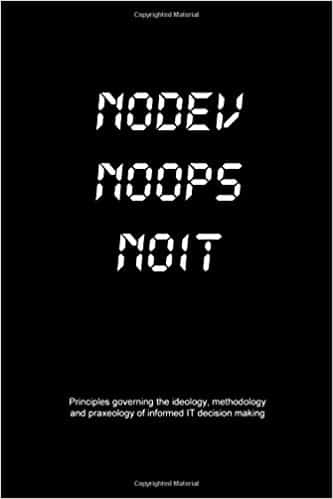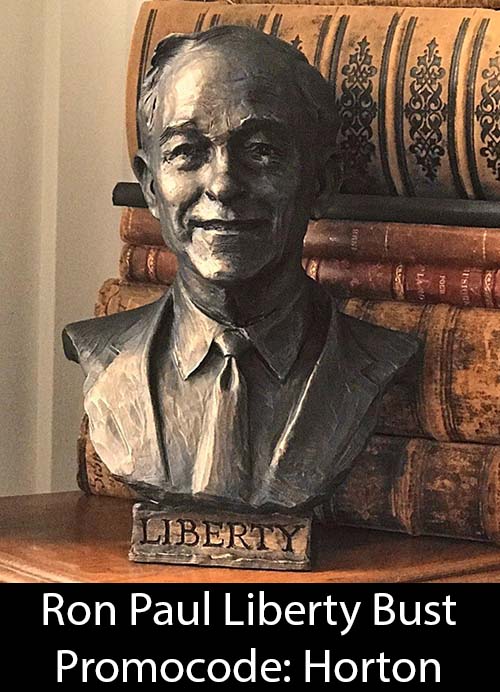Never in recent history has US Middle East policy been subject to such a barrage of conflicting pressures from erstwhile allies, clients as well as adversaries. The points of contention involve fundamental issues of war and peace, foremost of which are divergent responses to the Palestinian-Israeli conflict, the US-Iranian confrontation, the US occupation of Iraq as well as the US-Ethiopian proxy invasion and occupation of Somalia. The major contenders for influence in the making of US policy in the Middle East include the ’war party’ led by the Zionist power configuration and its followers in Congress and its allies among the civilian militarists in the White House led by Vice President Cheney, Secretary of State Rice, National Security Adviser for Middle East Affairs Elliot Abrams, along with an army of scribes in the major print media. On the other side are a small minority of Congress-people, ex-officials linked to Big Oil, a divided Peace Movement, Arab Gulf States, Saudi Arabia and a number of European countries on specific sets of issues.
To date the Zionist Power Configuration (ZPC) has consistently lined up its Congressional and White House backers and steamrollered domestic opposition in securing unconditional US backing for Israel’s position in the Middle East. One of the latest examples of the Zionist Power Configuration’s political and media influence is illustrated by their dismissal or omission of a major document on human and civil rights in Israel issued by the United Nation’s Committee on the Elimination of Racial Discrimination (published March 9, 2007). The study compiled by two-dozen experts offered 19 recommendations for Israel to comply with in 25 areas of racial discrimination against Arab citizens of Israel. Israel rejected the report, the ZPC automatically followed suit, as did Washington. Nevertheless there are signs (weak to be sure) that the visible and invisible power of the ZPC is being subject to critical public scrutiny and even ’put on trial’ among US clients.
read the rest of Jame Petras’ article here















